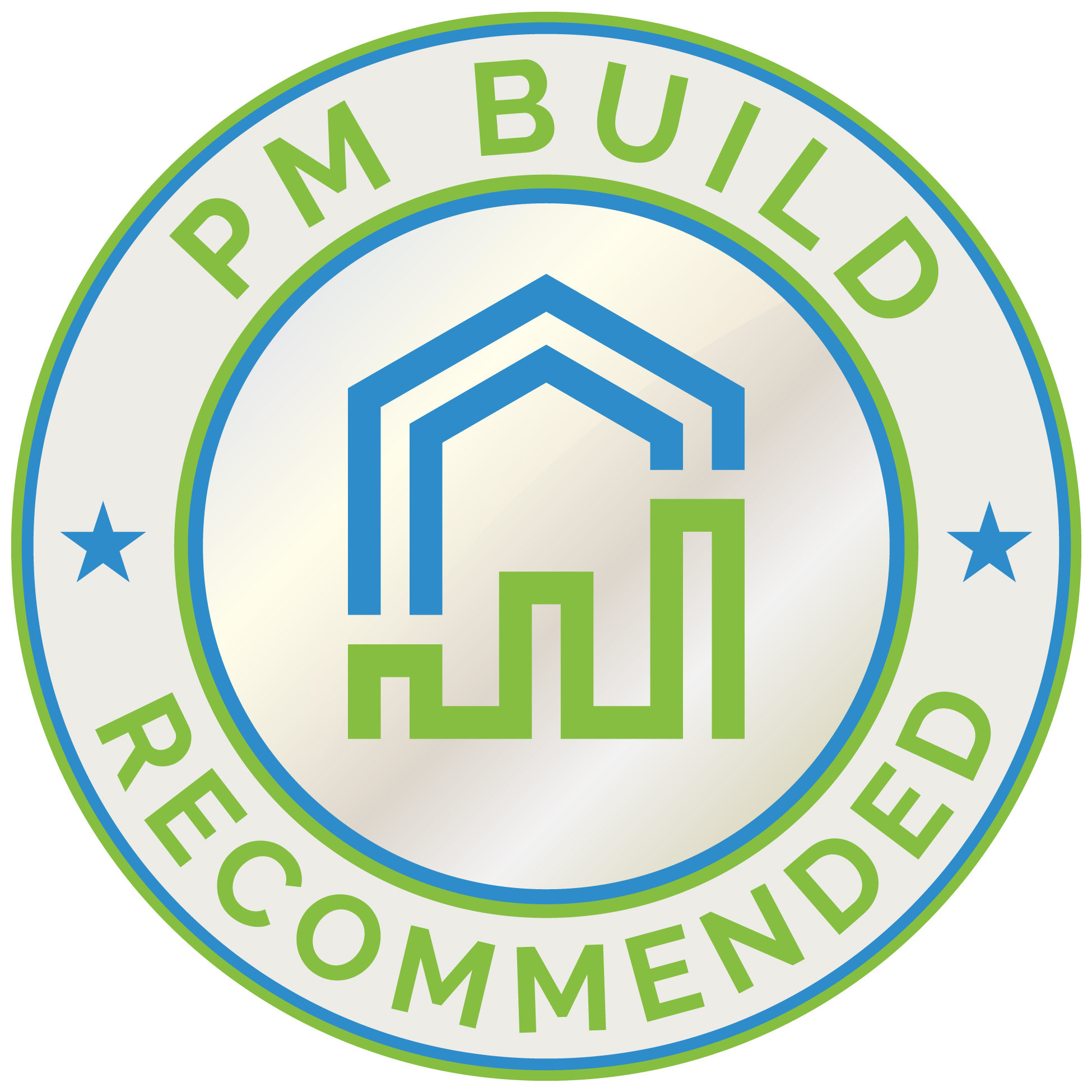Imagine this: you schedule an upcoming inspection, only to discover a giant hole in the drywall, pet stains on the carpet, and a tenant claiming, “It was like that when I moved in.”
Without proper documentation, you're stuck footing the bill—or worse, facing legal action over the tenant’s security deposit.
These are the kinds of things landlords dread. Managing a rental property in Eau Claire, WI, means more than just collecting rent—you need to conduct inspections, stay compliant, and review local laws to protect your property.
Consistent, well-documented landlord inspections are key to preventing costly surprises and maintaining a positive landlord-tenant relationship.
Smart landlords understand that regular property inspections aren’t just a chore—they’re a safeguard.
Review Local and State Laws
Wisconsin landlords must follow both local laws and state laws when managing residential property. According to Wisconsin regulations, landlords must provide proper notice before entering a rental unit for a rental property inspection.
This ensures you respect the tenant’s privacy and tenant rights while still fulfilling your responsibilities under the lease.
Before conducting any move-in inspections, move-out inspections, or quarterly inspections, it’s critical to understand the lease agreement and your legal rights as a landlord.
How to Prepare for a Move-In Inspection
Before a prospective tenant signs a lease, landlords should conduct a thorough inspection based on the property's condition.
Inspect structural integrity, electrical systems, carbon monoxide detectors, and electrical outlets to ensure the property is well-maintained and free of safety hazards.
Use a detailed checklist, take time-stamped photos, and make a note of any repair needs or maintenance issues.
This move-in documentation is essential to protect the tenant’s security deposit once the lease ends.
Also, educate the tenant about their responsibilities outlined in the lease terms, including keeping the property clean, reporting major problems, and respecting tenant compliance guidelines.
Conduct Routine and Move-Out Inspections
Throughout the tenant's lease, conduct routine inspections (e.g., quarterly inspections) with proper notice. This proactive approach helps landlords inspect for late fee-causing neglect or prevent major problems like water damage, pest issues, or safety concerns from escalating.
Regular inspections ensure your rental unit stays in top shape and help detect any tenant who refuses to follow the lease.
When the tenant moves out, perform a move-out inspection comparing the current condition to the move-in report. Identify normal wear versus tenant-caused damage.
Avoid legal issues by documenting all findings and accounting clearly for any deductions from the security deposit.
Tips to Make the Inspection Process Smoother
- Collect rent in alignment with inspection cycles to streamline communication.
- Always respect the tenant's personal belongings and avoid disruption.
- Use the inspection to note any updates that might attract a new tenant.
- Keep the inspection process professional, fair, and transparent.
When done correctly, rent inspections create happier tenants, stronger compliance, and a healthier return on investment.
Final Thoughts
Whether you're a seasoned landlord or a first-time property owner, knowing how to document property condition before and after a lease is critical.
With legal requirements, tenant expectations, and lease agreements to balance, inspections are your frontline defense against disputes and damage.
Let General Property Management handle the entire inspection process for you—from move-in inspections to detailed move-out reports.
Our experienced team ensures compliance, clarity, and peace of mind. Contact us today and experience the difference a professional property manager makes!
FAQs
Q: What if the tenant refuses to let me inspect?
A: As long as you provide proper notice, you have the legal right to gain access for a rental inspection.
Q: Can I deduct the cost of routine cleaning from the security deposit?
A: Only if the unit is excessively dirty beyond normal wear.
Q: How often should I inspect my rental property?
A: Many landlords conduct quarterly inspections or as outlined in the lease agreement.
Q: What if I find damage during the move-out inspection?
A: You can deduct repair costs from the tenant’s security deposit, but document everything to avoid legal issues.
Additional Resources
Step-by-Step Tenant Screening Guide for Landlords in Wisconsin







